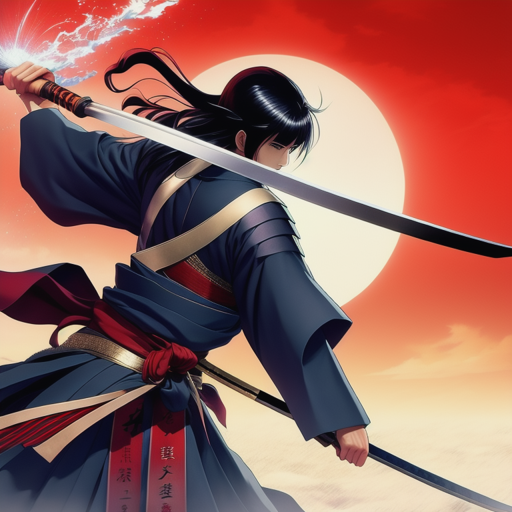OpenAI has not released any specific function or feature designed specifically to summarize books. OpenAI’s GPT-3.5 language model, which powers ChatGPT, is a powerful tool that can understand and generate human-like text based on prompts given to it. While it can generate summaries of text passages or provide concise explanations of topics, it does not have a dedicated function tailored specifically for summarizing books.
However, it is important to note that summarizing books is a complex task that often requires a deep understanding of the content and context. While AI models like GPT-3.5 can offer assistance in generating summaries, their effectiveness may vary depending on the length and complexity of the book.
Here is an example summarizing: The Art of War
The Art of War is a renowned ancient Chinese military treatise written by Sun Tzu. It offers strategic and tactical guidance for successful warfare.
Here is a summary of its key principles
Importance of Preparation:
Sun Tzu emphasizes the significance of thorough planning, knowing oneself, and understanding the enemy. He stresses that victory is achieved before the actual battle through careful preparation.
Strategy and Tactics:
The book delves into various strategies, including direct engagement, deception, and maneuvering. Sun Tzu advocates for the use of intelligence and flexibility to exploit the weaknesses of the opponent.
The Five Factors:
Sun Tzu outlines five essential factors that affect the outcome of a war: the Way (or moral influence), weather, terrain, leadership, and methods. Understanding and leveraging these factors can lead to victory.
Knowing Yourself and Your Enemy:
Sun Tzu emphasizes the need to understand one’s own strengths and weaknesses, as well as those of the adversary. This knowledge allows for effective planning and the ability to exploit vulnerabilities.
Adaptability and Flexibility:
The Art of War emphasizes the need to be adaptable and flexible in response to changing circumstances on the battlefield. Sun Tzu advises against rigid plans and encourages commanders to adjust their strategies as the situation evolves.
Intelligence and Espionage:
Gathering accurate intelligence about the enemy’s intentions and capabilities is crucial. Sun Tzu suggests employing spies and informants to gain an advantage and to deceive the opponent.
Leadership and Morale:
Sun Tzu emphasizes the importance of strong leadership and the maintenance of high morale among troops. He stresses that a well-led and motivated army is more likely to achieve victory.
Winning Without Fighting:
The highest form of victory, according to Sun Tzu, is to defeat the enemy without engaging in direct combat. Employing strategies such as diplomatic negotiations or creating divisions within the enemy’s ranks can lead to a bloodless victory.
The Art of War has transcended its military origins and is often studied for its broader applications in areas such as business, politics, and everyday life. It provides valuable insights into strategy, leadership, and the dynamics of conflict.

Leave a Reply